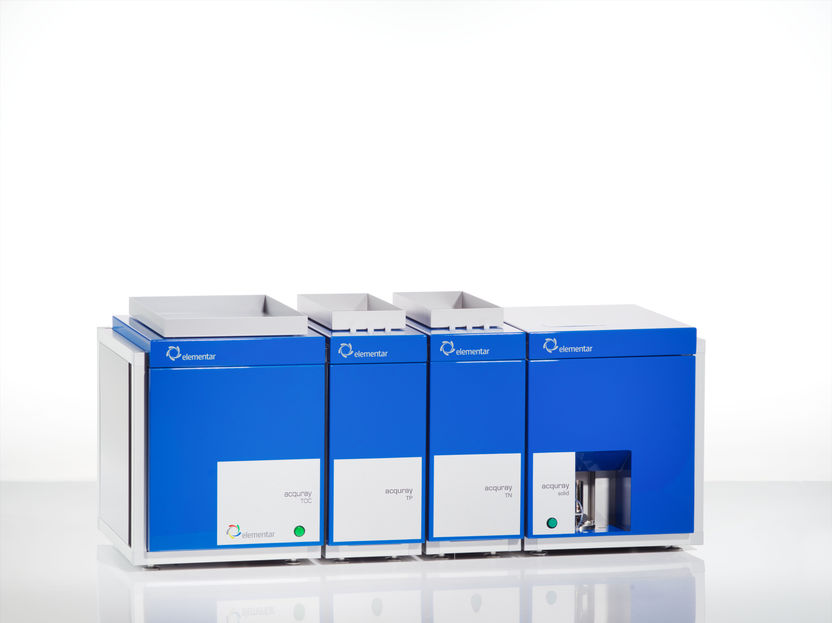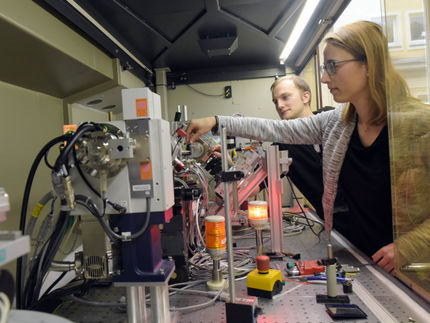Quantum experiments designed by machines
Quantum physicist Mario Krenn and his colleagues in the group of Anton Zeilinger from the Faculty of Physics at the University of Vienna and the Austrian Academy of Sciences have developed an algorithm which designs new useful quantum experiments. As the computer does not rely on human intuition, it finds novel unfamiliar solutions.
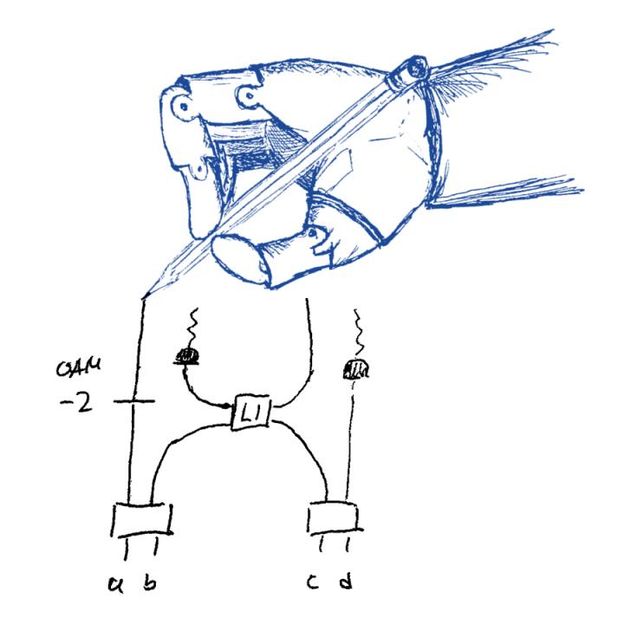
The algorithm Melvin found out that the most simple realization can be asymmetric and therefore counterintuitive.
Robert Fickler, Universität Wien
The idea was developed when the physicists wanted to create new quantum states in the laboratory, but were unable to conceive of methods to do so. "After many unsuccessful attempts to come up with an experimental implementation, we came to the conclusion that our intuition about these phenomena seems to be wrong. We realized that in the end we were just trying random arrangements of quantum building blocks. And that is what a computer can do as well - but thousands of times faster", explains Mario Krenn, PhD student in Anton Zeilinger's group and first author research.
After a few hours of calculation, their algorithm - which they call Melvin - found the recipe to the question they were unable to solve, and its structure surprised them. Zeilinger says: "Suppose I want build an experiment realizing a specific quantum state I am interested in. Then humans intuitively consider setups reflecting the symmetries of the state. Yet Melvin found out that the most simple realization can be asymmetric and therefore counterintuitive. A human would probably never come up with that solution."
The physicists applied the idea to several other questions and got dozens of new and surprising answers. "The solutions are difficult to understand, but we were able to extract some new experimental tricks we have not thought of before. Some of these computer-designed experiments are being built at the moment in our laboratories", says Krenn.
Melvin not only tries random arrangements of experimental components, but also learns from previous successful attempts, which significantly speeds up the discovery rate for more complex solutions. In the future, the authors want to apply their algorithm to even more general questions in quantum physics, and hope it helps to investigate new phenomena in laboratories.
Original publication
Mario Krenn, Mehul Malik, Robert Fickler, Radek Lapkiewicz, Anton Zeilinger; "Automated Search for new Quantum Experiments"; Physical Review Letters; 2016
Most read news
Original publication
Mario Krenn, Mehul Malik, Robert Fickler, Radek Lapkiewicz, Anton Zeilinger; "Automated Search for new Quantum Experiments"; Physical Review Letters; 2016
Organizations
Other news from the department science

Get the chemical industry in your inbox
By submitting this form you agree that LUMITOS AG will send you the newsletter(s) selected above by email. Your data will not be passed on to third parties. Your data will be stored and processed in accordance with our data protection regulations. LUMITOS may contact you by email for the purpose of advertising or market and opinion surveys. You can revoke your consent at any time without giving reasons to LUMITOS AG, Ernst-Augustin-Str. 2, 12489 Berlin, Germany or by e-mail at revoke@lumitos.com with effect for the future. In addition, each email contains a link to unsubscribe from the corresponding newsletter.
Most read news
More news from our other portals
Last viewed contents
Nanoneedle is small in size, but huge in applications
Nippon_Oil
Insect_repellent
Sigma-Genosys and Compugen Introduce Genome Libraries For High Throughput Analysis of Gene Function
Mercury(II)_fulminate
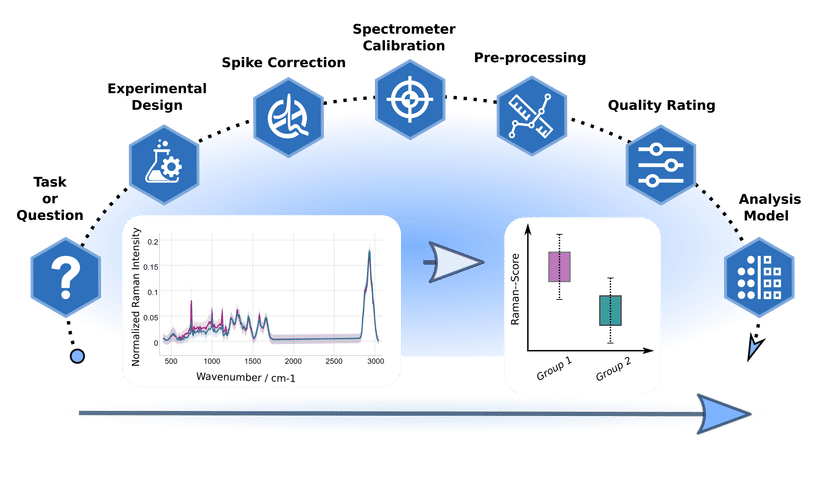
Artificial intelligence for better diagnostics - Standardized methods facilitate the evaluation of Raman spectra
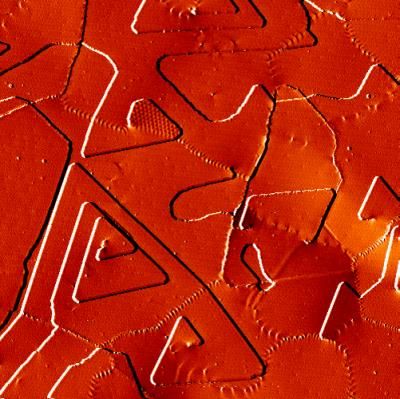
Using strain to tune a new quantum material
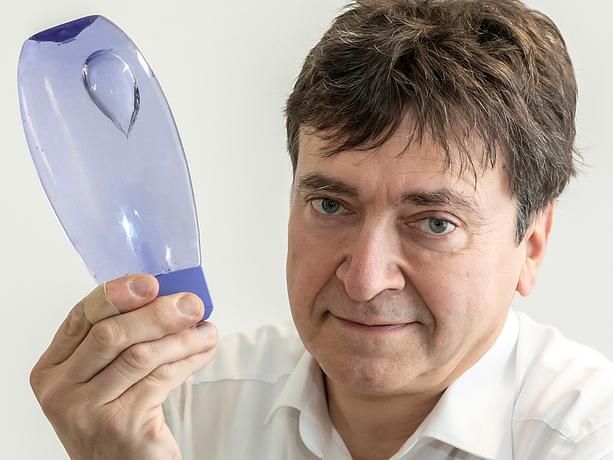
Why some bubbles move faster - Why do large gas bubbles in viscoelastic liquids rise so much faster than expected?
Deep_Heat_(Heat_rub)

Researchers overview recent progress and challenges in silicon-based anode materials for lithium-ion batteries
BOH_(psychedelic)
